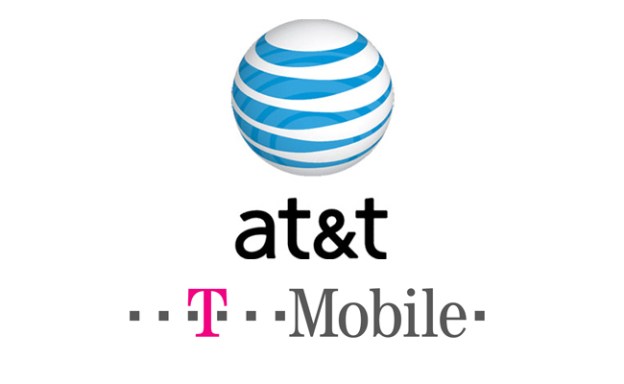
In the latest blow to AT&T’s fumbled plan to buy T-Mobile USA for $39 billion, the Wall Street Journal reports that the US Justice Department has requested a federal judge push back the date of its antitrust case against the merger, or dismiss it entirely. According to the DoJ, its is because AT&T has withdrawn its application with the Federal Communications Commission, which must also approve the deal. Without an application with the FCC, the deal cannot move forward, making the trial unnecessary.
“It’s not a real transaction until they file with the FCC,” DoJ lawyer Joseph Wayland, the lead attorney in the case, told Judge Hellen Huvelle.
By seeking to delay the trial, Justice is essentially using AT&T’s own tactic against them. AT&T pulled its application from the FCC as a way to win the court over to its side in the DoJ trial, a move that reportedly frustrated Judge Huvelle, as AT&T could change the details of the deal when it resubmits its application with the FCC.
AT&T lawyer Mark Hansen urged Judge Huvelle to maintain the current trial date, in February, insisting that the company is “not playing some strategic game.”
AT&T has until September of next year to close the deal before it must be officially declared dead. But the longer it takes for that to happen, the more chance there is that Deutsche Telekom AG, which owns T-Mobile USA, will call off the deal, though that remains unlikely, according to analyst estimates.
In other AT&T/T-Mobile news, the Washington Post today published a fascinating account of why AT&T failed to gain government approval for the deal, despite massive amounts of money spent on campaign contributions and lobbying efforts.
As recounted by reporters Cecilia Kang and Jia Lynn Yang, the factors that derailed the deal include: failure by AT&T to prove that the merger would create jobs, rather than kill jobs; suspicions by the FCC that the deal was less than legal — and that AT&T knew it; the fact that, if the deal was approved, AT&T and Verizon Wireless would control 80 percent of the country’s wireless market, creating a near-duopoly; and the feeling that complicity by the Obama administration in the deal would not go over well with the growing portion of the population that believes corporations have too much power over the federal government, a sentiment embodied and bolstered by the Occupy Wall Street movement, and echoed by President Obama in a recent speech.
Editors' Recommendations
- Have T-Mobile? Your 5G service is about to get much faster
- It’s late 2022, and Verizon and AT&T still can’t beat T-Mobile’s 5G network
- T-Mobile delays shutdown of Sprint 3G CDMA network
- T-Mobile hacker lambastes carrier’s security measures
- T-Mobile investigating claims of massive hack involving customer data

